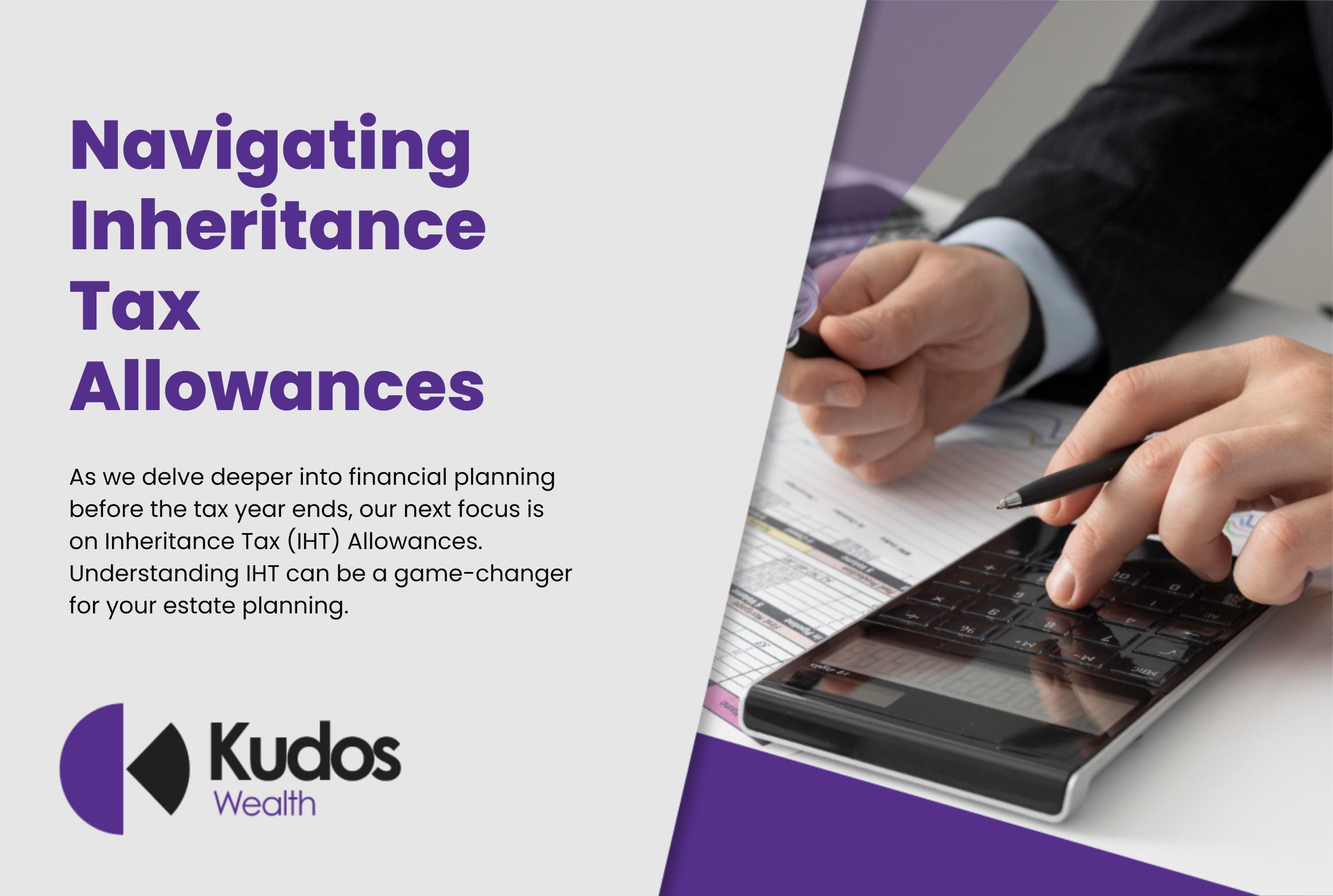

Inheritance Tax (IHT) often represents a significant concern for individuals aiming to pass on their wealth to loved ones. However, with strategic planning, it’s possible to minimise the impact of IHT on your estate, ensuring that your family retains as much of your wealth as possible. A particularly effective strategy involves maximising your tax-free gifting allowances. Here’s how you can make the most of these allowances to protect and pass on your wealth efficiently.
Each year, you are allowed to gift a certain amount of money without it being added to the value of your estate for IHT purposes. For the tax year 2023/24, this amount is set at £3,000 per individual. This means you can give away up to £3,000 without incurring any IHT liability on this gift when you pass away.
If you’re in a partnership, you and your partner can combine your allowances, effectively doubling the amount you can gift tax-free to £6,000 annually. Moreover, if you haven’t utilised your gifting allowance in the previous tax year, you’re in luck. The allowance can be carried forward once, allowing a couple to gift up to £12,000 in the current tax year without these gifts being considered part of your estate for IHT purposes.
The £3,000 annual allowance is just one part of a broader strategy to mitigate IHT. Larger gifts are also possible and can ultimately become exempt from IHT, provided they are made at least seven years before your death. This rule encourages early planning and gifting, helping to gradually reduce the size of your taxable estate over time.
Understanding the broader IHT framework is crucial. The first £325,000 of your estate is IHT-free, known as the “nil-rate band.” This threshold increases to £500,000 if your estate includes your home and you leave it to your children, grandchildren, or other lineal descendants, provided your entire estate is worth less than £2 million.
If you’re married or in a civil partnership, there’s more good news. Any portion of your nil-rate band that you don’t use can be transferred to your surviving spouse or civil partner, potentially doubling the IHT-free amount to £1 million for your beneficiaries.
Efficient estate planning and making the most of your gifting allowances are key strategies in reducing your IHT liability. By gifting wisely, not only do you have the pleasure of seeing your loved ones benefit from your generosity during your lifetime, but you also ensure that your wealth is passed on more efficiently and with potentially lower tax implications. It’s always recommended to seek professional financial advice tailored to your specific circumstances to navigate the complexities of IHT planning effectively.
Please see this PDF document from St James’ Place for more information





Residential Mortgage

Commercial Mortgage

Pensions & Investments

Protection & Insurances

Health Questionairre

Asset Finance

Business Finance

Invoice Finance

Residential Mortgage

Commercial Mortgage

Personal Details Form

Business Details Form

Tax Return Information

Residential Mortgage

Commercial Mortgage

Pensions & Investments

Protection & Insurances

Health Questionairre

Asset Finance

Business Finance

Full Business Finance Review

Invoice Finance